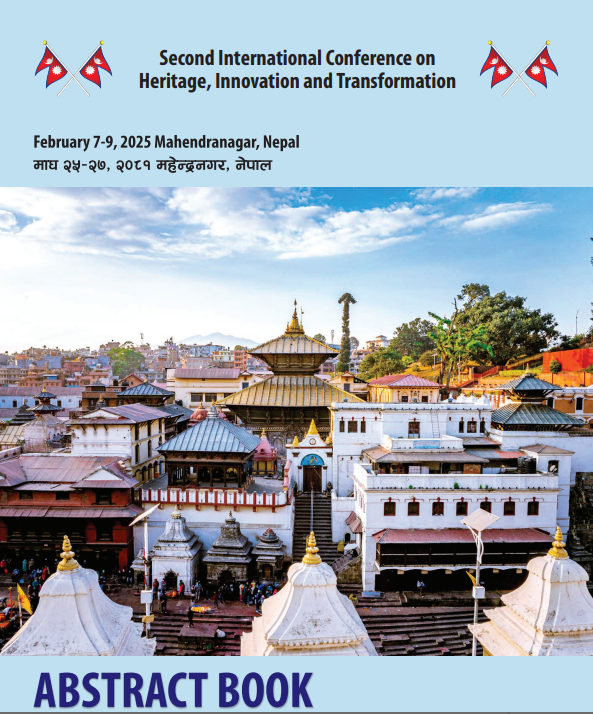 The health system in Nepal’s unique federalisation experiment will be presented by Prof. Edwin van Teijlingen at a three-day conference at the Far Western University, Nepal on Saturday 8th February. Nepal’s introduction of its federal system in the 2015 Constitution changed the way society, including its health system, was organised. It meant that political changes and health systems changes occurred in parallel. Prof. Edwin van Teijlingen explores the impact of federalisation on Nepal’s health system as part of an interdisciplinary mixed-methods study* called ‘The Impact of Federalisation on Nepal’s Health System: A longitudinal Analysis’.
The health system in Nepal’s unique federalisation experiment will be presented by Prof. Edwin van Teijlingen at a three-day conference at the Far Western University, Nepal on Saturday 8th February. Nepal’s introduction of its federal system in the 2015 Constitution changed the way society, including its health system, was organised. It meant that political changes and health systems changes occurred in parallel. Prof. Edwin van Teijlingen explores the impact of federalisation on Nepal’s health system as part of an interdisciplinary mixed-methods study* called ‘The Impact of Federalisation on Nepal’s Health System: A longitudinal Analysis’.
First, implementing a new federal system is a slow, resource intensive process. While building new federal structures is important, challenging the status quo through strategic “unlearning and undoing” of old tendencies is also essential, as this creates spaces for new approaches that are more in line with federalism. This requires attention to emotional and political spheres, and not just structural or technical ones.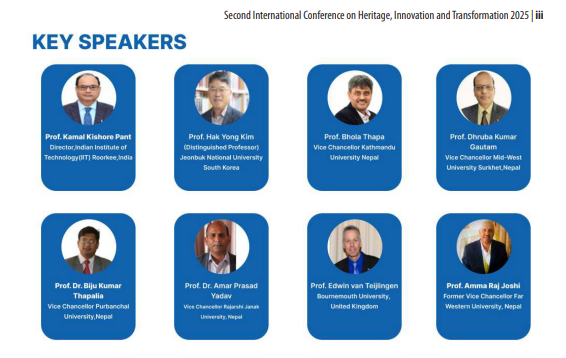
Federalisation, generally, brought decision making, resources and service delivery closer to the people, yet the process remains challenging and incomplete. Importantly, at the same time as federalism was being introduced, Nepal’s health system had to respond to COVID-19, making it difficult to disentangle the effects of the pandemic from those of federalisation. The health system is also part of a broader, complex, and interdependent set of socio-political, economic, legal, and cultural systems.
We found that the impact of federalisation varied across the six WHO building blocks and pre-existing conditions, e.g. wealthier regions often benefit disproportionately, exacerbating inequities in health. Our study further highlighted: (a) the importance of leadership and governance, combined with financing mechanisms; (b) insufficient planning and misalignment between central and local levels resulting in inefficiencies; (c) weak health information systems hinder the ability to measure long-term effects. Overall, unlocking the full potential of federalism will require political will and commitment at all three levels of government.
To date eight papers have been produced based in this project [1-8].
References:
- Koirala, B., Rushton, S., Adhikary, P., Balen, J., et al. (2024) COVID-19 as a challenge to Nepal’s newly federalised health system: capacities, responsibilities, and mindsets, Asia Pacific Journal of Public Health (online first) https://doi.org/10.1177/1010539524125012.
- Sapkota, S., Rushton, S., van Teijlingen, E., et al. (2024) Participatory policy analysis in health policy and systems research: reflections from a study in Nepal. Health Research & Policy Systems, 22 (No.7) https://doi.org/10.1186/s12961-023-01092-5 .
- Wasti, S.P., van Teijlingen, E., Simkhada, P., et al. (2023) Selection of Study Sites and Participants for Research into Nepal’s Federal Health System, WHO South-East Asia Journal of Public Health 12(2):116-119.
- Sapkota, S., Dhakal, A., Rushton S., et al. (2023) The impact of decentralisation on health systems: a systematic review of reviews. BMJ Global Health 8:e013317. doi:10.1136/bmjgh-2023-013317.
- Wasti, S.P., van Teijlingen, E., Rushton, S., et al. (2023) Overcoming the Challenges Facing Nepal’s Health System During Federalisation: An Analysis of Health System Building Blocks, Health Research Policy & Systems 21(117) https://doi.org/10.1186/s12961-023-01033-2
- Sapkota, S., Panday, S., Wasti, S.P., et al. (2022) Health System Strengthening: The Role of Public Health in Federal Nepal, Journal of the Nepal Public Health Association 7(1):36-42.
- Adhikary, P., Balen, J., Gautam, S., et al. (2020) The COVID-19 pandemic in Nepal: Emerging evidence on the effectiveness of action by, and cooperation between, different levels of government in a federal system, Journal of Karnali Academy of Health Sciences 3 (3): 1-11.
- Rushton, S., Pandey, S., van Teijlingen, E., et al. (2021) An Investigation into the Impact of Decentralization on the Health System of Nepal. Journal of Manmohan Memorial Institute of Health Sciences, 7(1): 3–14. https://doi.org/10.3126/jmmihs.v7i1.43146
 Three months ago I decided that it was no longer morally responsible to use Twitter and deleted my account. Missing the ‘conversations’ on social media and not having a platform to inform the wider world about the latest Bournemouth University Research Blog, I joined Bluesky a week or two later. The first thing to note is that Bluesky is: (1) much quieter; (2) much more civilised; and (3) much more North American based. Moreover, at a personal level, I have not really managed to accumulate that many followers, yesterday the total stood at just ten!
Three months ago I decided that it was no longer morally responsible to use Twitter and deleted my account. Missing the ‘conversations’ on social media and not having a platform to inform the wider world about the latest Bournemouth University Research Blog, I joined Bluesky a week or two later. The first thing to note is that Bluesky is: (1) much quieter; (2) much more civilised; and (3) much more North American based. Moreover, at a personal level, I have not really managed to accumulate that many followers, yesterday the total stood at just ten!






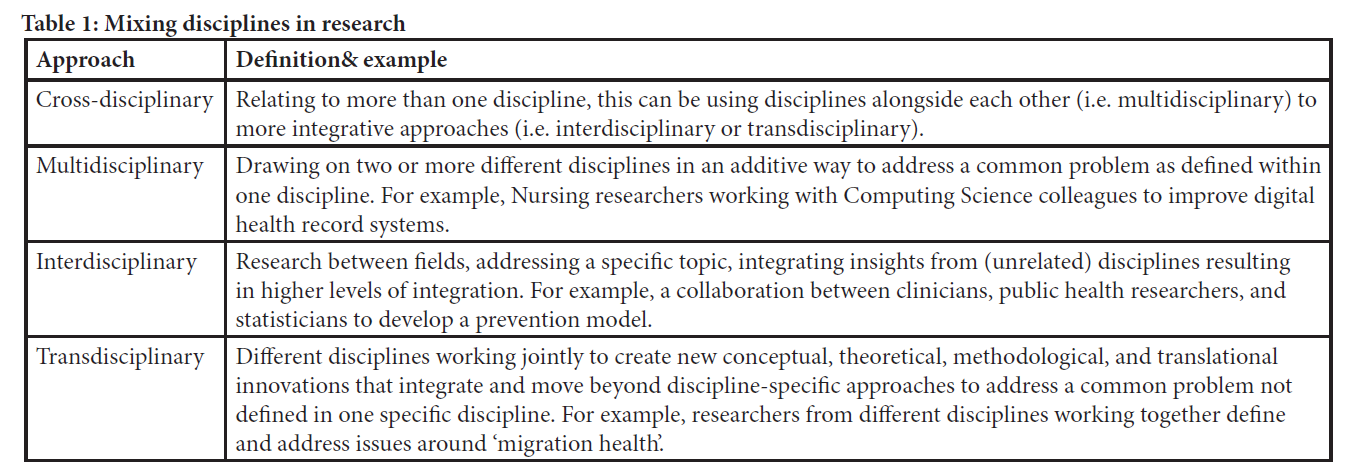
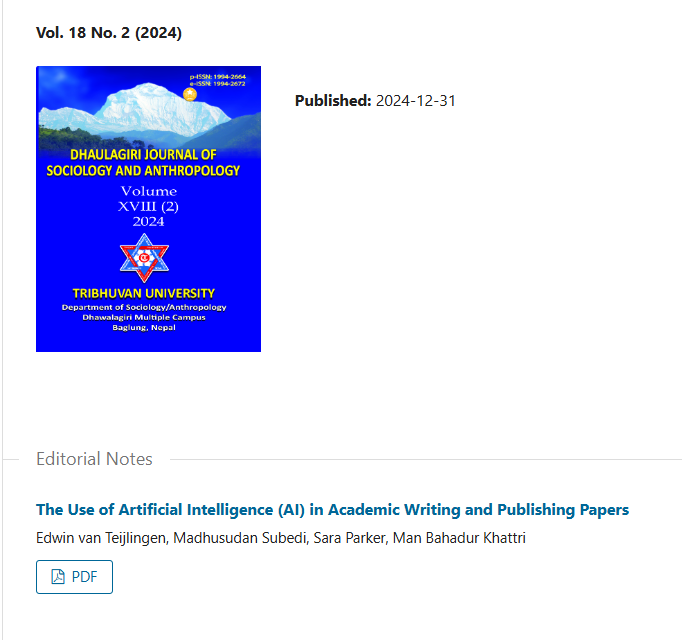
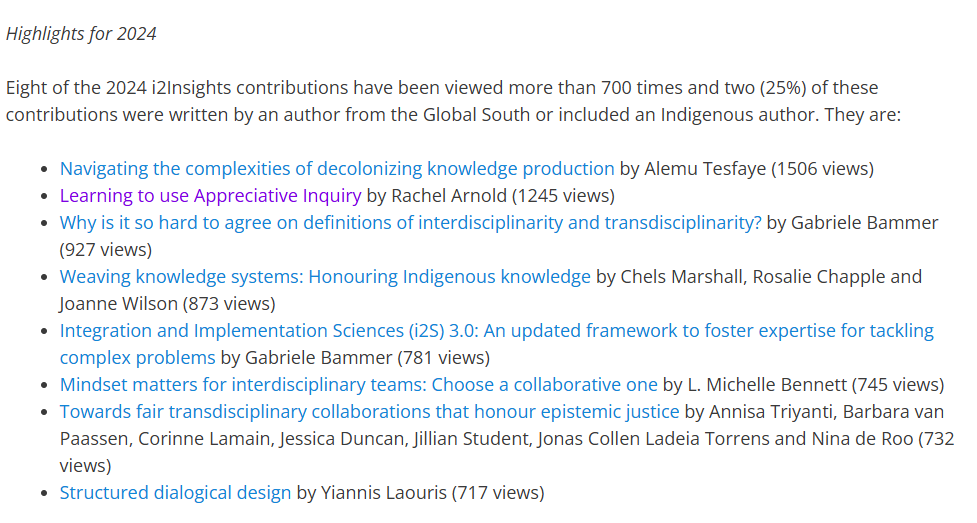











 REF Code of Practice consultation is open!
REF Code of Practice consultation is open! BU Leads AI-Driven Work Package in EU Horizon SUSHEAS Project
BU Leads AI-Driven Work Package in EU Horizon SUSHEAS Project Evidence Synthesis Centre open at Kathmandu University
Evidence Synthesis Centre open at Kathmandu University Expand Your Impact: Collaboration and Networking Workshops for Researchers
Expand Your Impact: Collaboration and Networking Workshops for Researchers ECR Funding Open Call: Research Culture & Community Grant – Apply now
ECR Funding Open Call: Research Culture & Community Grant – Apply now ECR Funding Open Call: Research Culture & Community Grant – Application Deadline Friday 12 December
ECR Funding Open Call: Research Culture & Community Grant – Application Deadline Friday 12 December MSCA Postdoctoral Fellowships 2025 Call
MSCA Postdoctoral Fellowships 2025 Call ERC Advanced Grant 2025 Webinar
ERC Advanced Grant 2025 Webinar Update on UKRO services
Update on UKRO services European research project exploring use of ‘virtual twins’ to better manage metabolic associated fatty liver disease
European research project exploring use of ‘virtual twins’ to better manage metabolic associated fatty liver disease